KCCA REAFFIRMS COMMITMENT TO CLIMATE RISK MANAGEMENT
PUBLISHED — 4th, June 2025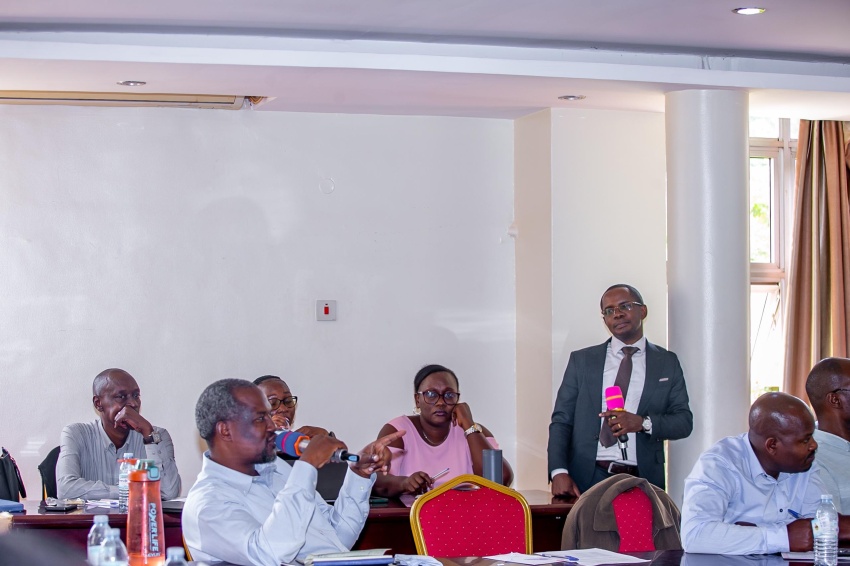
Kampala Capital City Authority (KCCA) has reaffirmed its commitment to integrating climate risk management into all aspects of its operations, as part of a broader push to strengthen the city’s resilience against worsening climate change impacts.
This commitment was emphasized during a workshop held on Wednesday at Esella Country Hotel in Kira Municipality, where the Climate Change Risk and Vulnerability Assessment (CCVA) Framework Report was presented to members of the Disaster Risk Committee.
The event was organized under the Greater Kampala Metropolitan Affairs Urban Development Program (GKMA-UDP), supported by the World Bank. The CCVA Framework, developed by consulting firm NACOPART (U) Limited, offers a structured approach for identifying climate-related vulnerabilities in key sectors such as health, infrastructure, water, energy, and urban livelihoods.
According to Dr. Saul Daniel Ddumba, team leader for the project, the findings are expected to inform planning, budgeting, and adaptive strategies in line with the KCCA Strategic Plan, the Kampala Climate Change Action Strategy, and Uganda’s National Policy for Disaster Preparedness and Management (2010).
Speaking at the event, KCCA Deputy Executive Director Benon Kigenyi, who represented Executive Director Hajjati Sharifah Buzeki, stressed that KCCA is proactively embedding climate resilience into its institutional fabric.
“At KCCA, we are fully committed to integrating climate risk management into all aspects of our operations,” Kigenyi said. “The insights from the CCVA will shape our adaptation plans and deepen engagement with communities, civil society, and the private sector. This is about building a Kampala that is resilient, adaptive, and future-ready—not only for Uganda but as a model for urban climate resilience across Africa.”
A key development discussed at the workshop was the formation and appointment of Division Disaster Risk Management Committees (DDRMCs) across all five divisions of the city. These multidisciplinary teams are tasked with providing localized leadership in climate and disaster response, ensuring a coordinated and proactive approach at the grassroots level.
Kigenyi urged all stakeholders to take ownership of the CCVA findings and work together to turn insights into tangible action, stressing that the time to act is now if Kampala is to remain inclusive, sustainable, and climate-resilient.
“This collaboration has enabled us to collect critical data, build institutional capacity, and foster multi-sectoral dialogue,” said Kigenyi said. “Let us now work together to turn these insights into action.”
The CCVA report identifies flooding as one of Kampala’s most pressing risks. Central Division has the highest number of flood-prone villages, with 45 villages across four parishes at high risk. Kawempe has 36 vulnerable villages, followed by Nakawa with 28, Rubaga with 24, and Makindye with 20.
Nakawa Division Mayor Paul Mugambe raised concerns about the country’s overreliance on biomass, which accounts for 70 percent of Uganda’s energy use. He warned that this dependency on firewood and charcoal is accelerating deforestation, worsening air pollution, and undermining climate efforts. High energy costs, he noted, also limit access for the urban poor, who remain the most vulnerable to climate shocks.
The CCVA Framework is not just a technical report but a strategic tool for transforming how Kampala understands and responds to climate risks. Its development was made possible through collaboration between KCCA, the Government of Uganda, and the World Bank.
News & Announcements
29th, July 2025
24th, July 2025
19th, July 2025
18th, July 2025
17th, July 2025
15th, July 2025
14th, July 2025
11th, July 2025
10th, July 2025
7th, July 2025


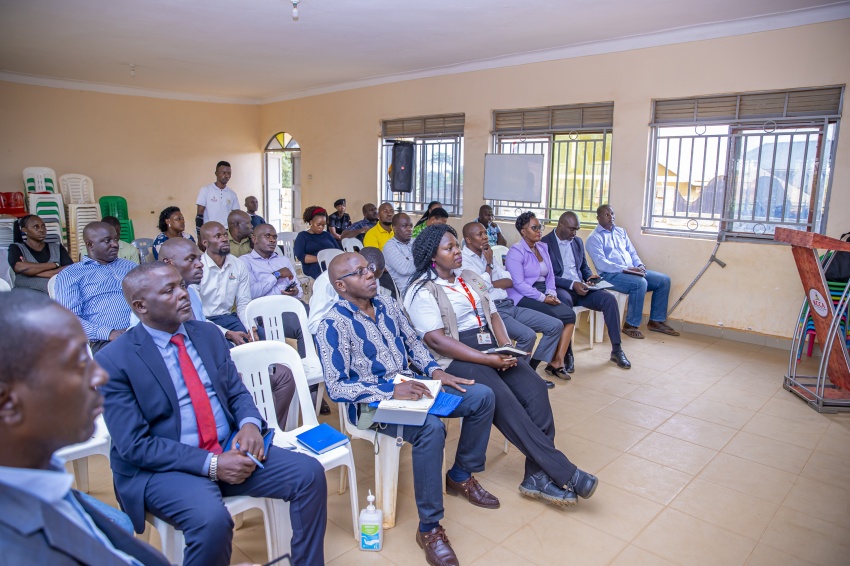
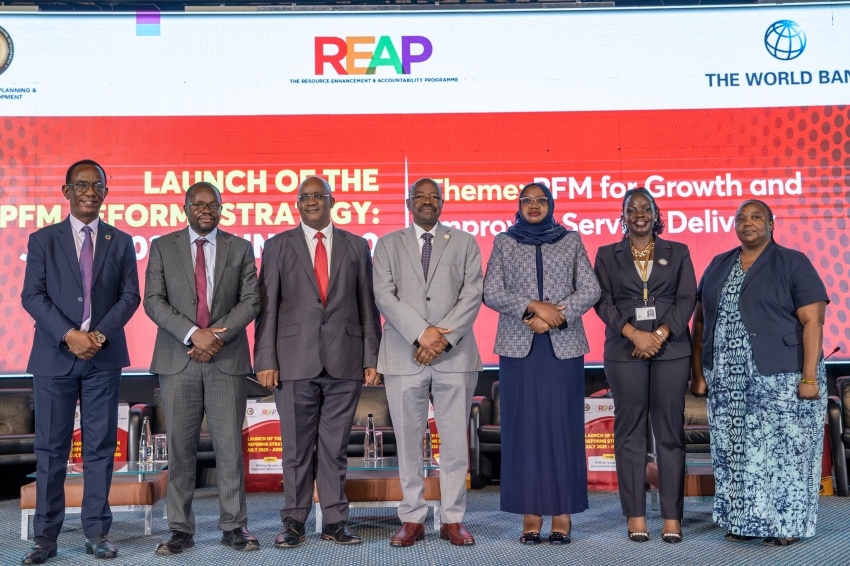
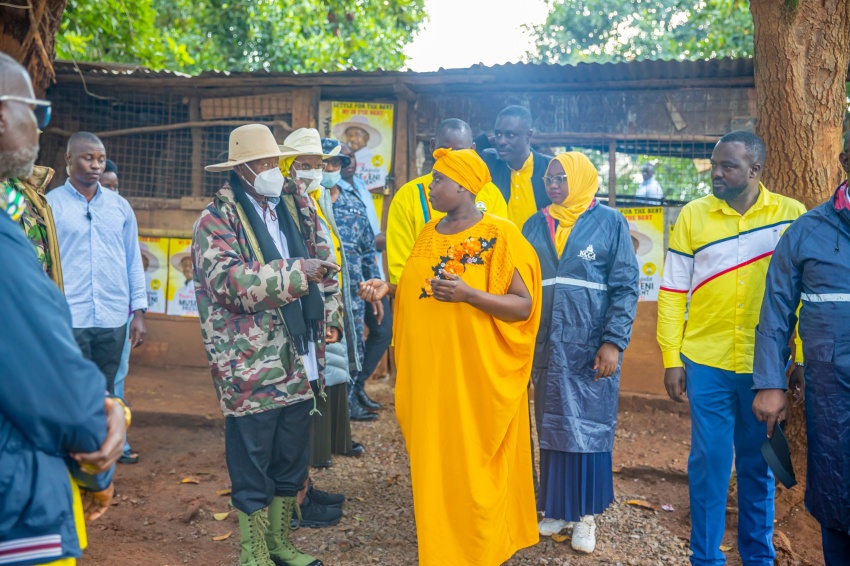

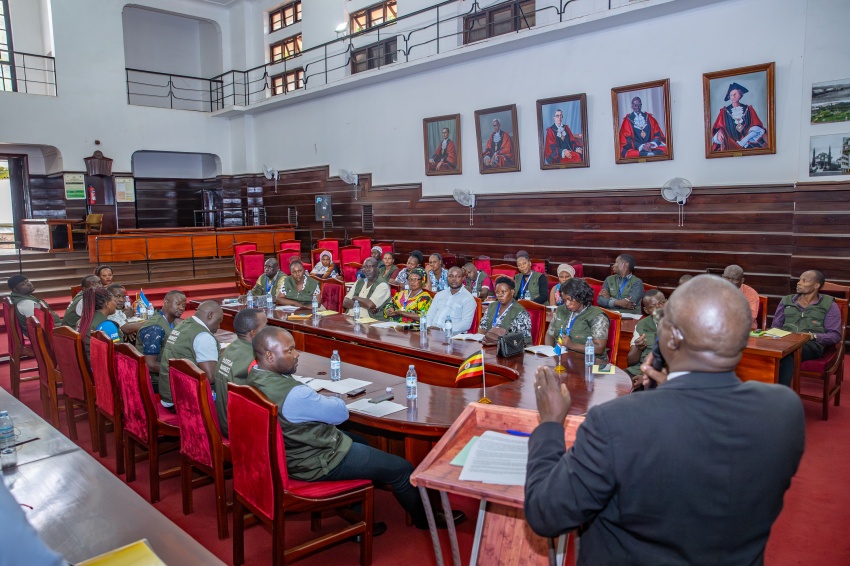
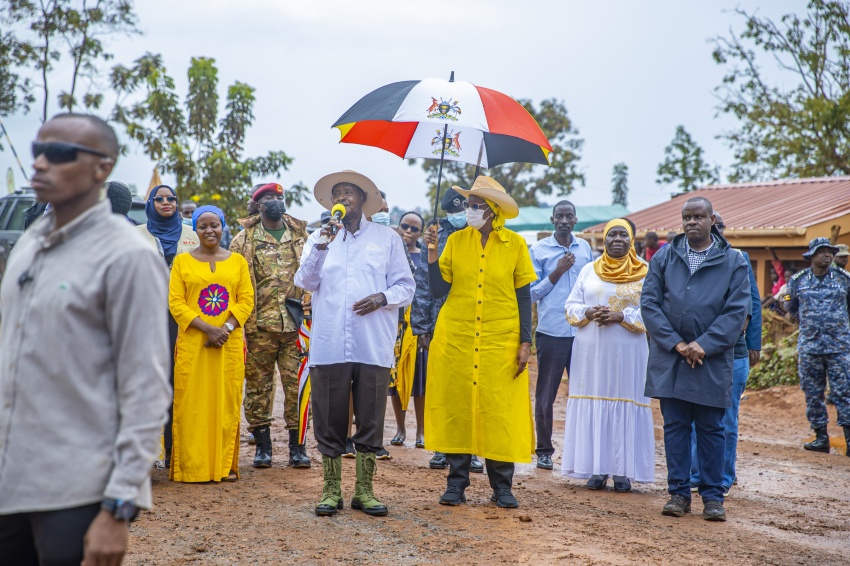
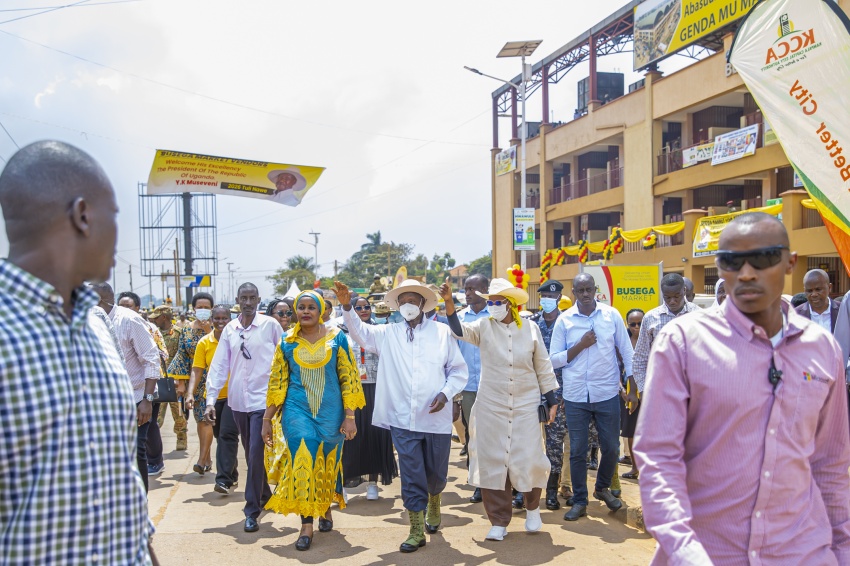
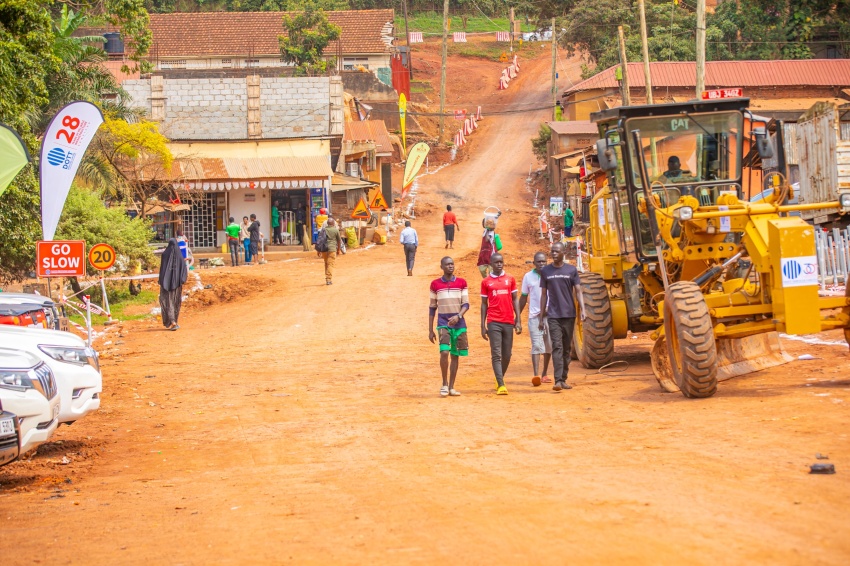
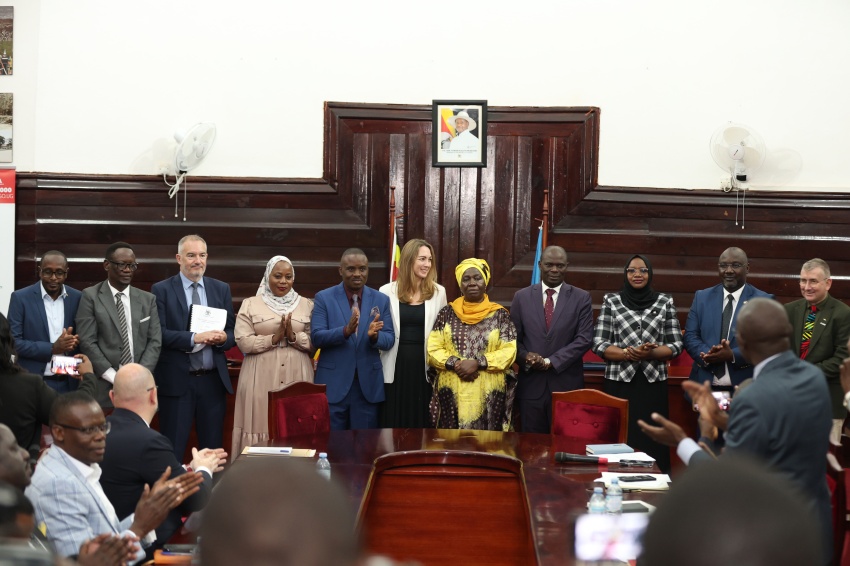










Development partners